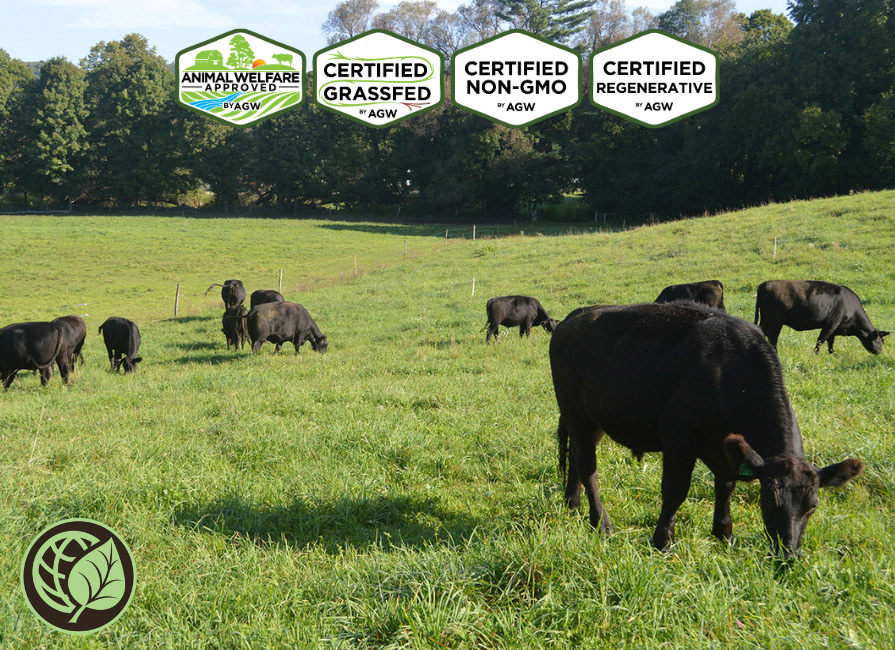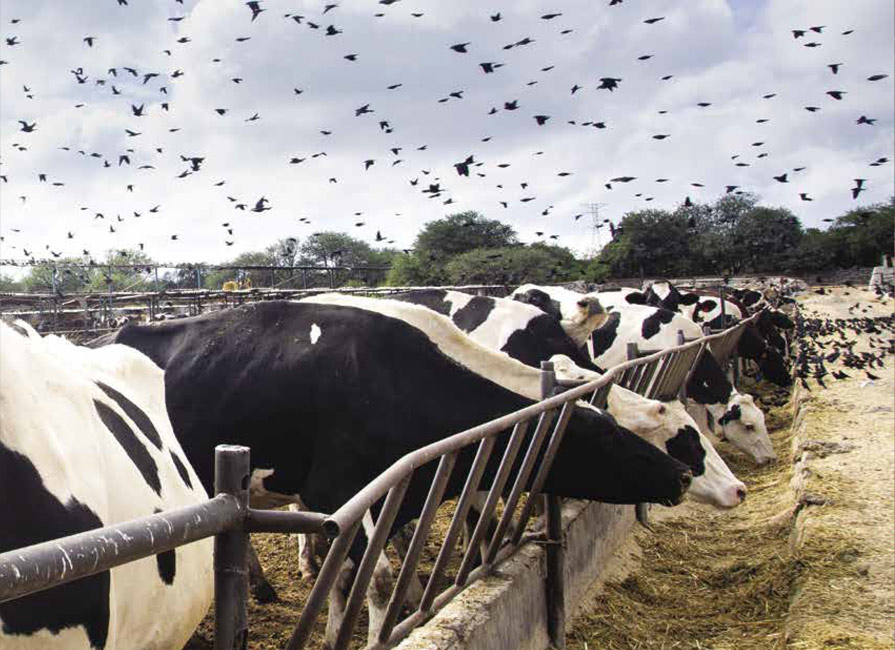One of the key attractions of our Certified Regenerative by AGW program is its practical…
Two-year Anniversary of Historic Meat Recall is Marked by New Meat Recall of 5 Million lbs
 “How much longer will we continue to test our luck with weak enforcement of federal food safety regulations?” asked Senator Tom Harkin, an Iowa Democrat and then Chair of the Senate Agriculture Committee, in February 2008.
“How much longer will we continue to test our luck with weak enforcement of federal food safety regulations?” asked Senator Tom Harkin, an Iowa Democrat and then Chair of the Senate Agriculture Committee, in February 2008.
Evidently, at least two more years because in that time there’s been no movement to address the fundamental cause of contamination in the U.S. meat supply: feedlot production.
And I’m worried for our children’s health and lives.
It was two years ago today that the U.S. saw its largest meat recall in history, prompting Harkin’s outrage. The USDA recalled 143 million pounds of beef distributed by Hallmark/Westland Meat Packing Company and said that the meat had been used in school lunches and food assistance programs.
On January 18 of this year, Huntington Meat Packing Inc. of Montebello, CA recalled 864,000 lbs of beef because it may have been contaminated with E. coli O157:H7. This past weekend the recall was expanded to more than 5 million lbs of meat. Some of the products made from this meat appear to have been distributed through the USDA National School Lunch Program.
Happy anniversary of the Hallmark recall, America! You were expecting flowers?
E. coli O157:H7 is a bacterium that can cause severe illness, especially in the very young, seniors, or persons with weakened or compromised immune systems. The shattering effects of E. coli O157:H7 were detailed in an October 3, 2009 New York Times article, E. coli Path Show Flaws in Beef Inspection.
The recent recall of 5 million pounds may seem like a drop in the bucket compared with the 143 million pounds recalled two years ago, but when it comes to the health and lives of our children, I must implore, “When is enough, enough? Why are we poisoning our children?”
I applaud any efforts the USDA and other government agencies are making to strengthen the safety of our food system, but to quote an old saying, “An ounce of prevention is worth a pound of cure.” Food safety regulations seem to be focused on throwing pounds of cure at the problem; cures that time and time again don’t work, sometimes make things worse, and leave our families vulnerable to contamination and illness. We feed our farm animals antibiotics, we irradiate meat, we require more testing and increased regulations at processing plants and still meat is recalled.
Therein lies the problem—the government is stubbornly dedicated to, as former FDA Commissioner Dr. David Kessler put it, “chasing the horse after it’s out of the barn,” while study after study piles up providing evidence that the most effective way to stop the spread of dangerous E. coli contamination starts—and ends— with keeping cattle on pasture and out of feedlots. It’s an issue we’ve regularly covered in the AWA blog, where a click on the food safety link brings up 35 entries. But it bears repeating and I’ll keep at it until government can see its way clear from corporate interests to effect real change in the name of food safety.
Unfortunately, until the country is truly ready to address food safety issues, the primary defense you have against E. coli is your own common sense.
In the meantime, what can you do to keep your children and loved ones as safe as possible? AWA has a few suggestions:
- Every time there’s a recall contact your school district and make sure they are not using those products.
- Ask your school district’s food director to only source from suppliers operating a test-and-hold procedure.
- If you have a parent or other loved one in a hospital or nursing facility that uses a food service company, call them as well, and make sure recalled items aren’t on their menus.
- Follow safe food handling guidelines.
- Check in with your doctor even if you think it’s just the stomach flu. Stomach flu and food poisoning often mimic each other but the only way to discover and trace food poisoning is to know who’s sick to begin with.
- Most importantly, when possible, purchase only pastured meat, dairy and eggs from AWA farmers. Redirecting your food budget to safer, more humane meat, dairy and eggs is the surest way to keep your food and your family safe.


